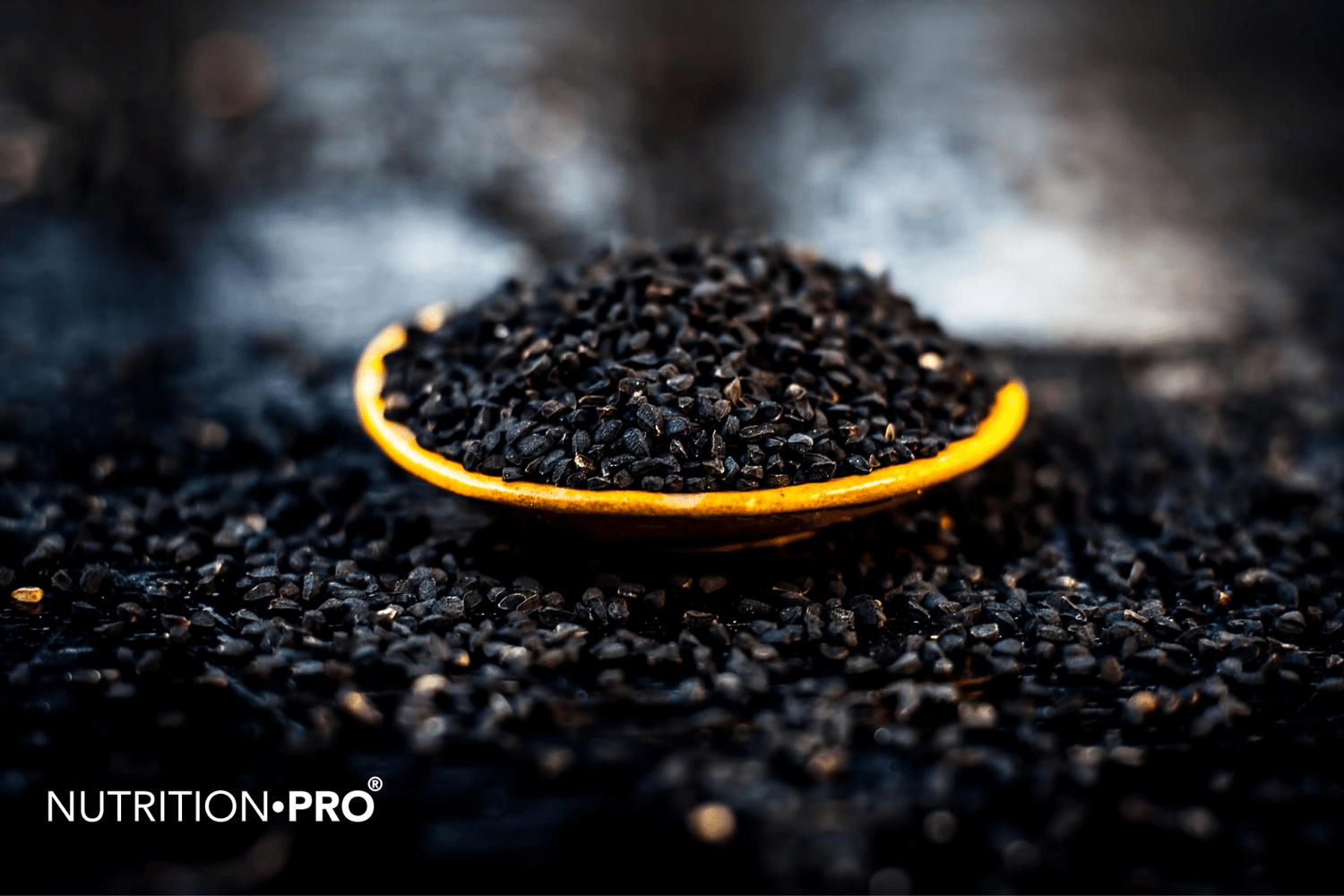Diuretics are substances that increase the amount of urine you produce and help your body get rid of excess water.
This excess water is called water retention. It can make you feel "bloated" and cause swelling in your legs, ankles, hands, and feet.
A variety of factors can cause fluid retention, including some serious underlying health conditions such as kidney disease and heart failure.
However, many people experience mild fluid retention due to hormonal changes, their menstrual cycle, or simply being inactive for long periods of time, such as during a long flight.
If you have water retention due to a medical condition or experience sudden and severe water retention, you should seek medical attention immediately.
However, for cases of mild water retention that are not caused by an underlying health condition, certain foods and supplements may help.
Here are the top 8 natural diuretics and an overview of the evidence for each.
1. Coffee
Coffee is a very popular drink that has been associated with impressive health benefits .
It is also a natural diuretic , mainly due to its content caffeine .
High doses of caffeine between 250 and 300 mg (equivalent to about two to three cups of coffee) are known to have a diuretic effect .
This means that drinking a few cups of coffee could lead to increased urine production.
However, a standard serving of coffee, about a cup, is unlikely to contain enough caffeine to have this effect.
Additionally, if you drink coffee regularly, you are likely to develop a tolerance to the diuretic properties of caffeine and not experience any effects .
2. Dandelion extract
Dandelion extract, also known as Taraxacum officinale or "lion's tooth", is a popular herbal supplement often taken for its diuretic effects .
It has been suggested as a potential diuretic due to the high potassium content of the dandelion plant .
Eating potassium-rich foods signals your kidneys to flush out more sodium and water .
This can be a good thing because most modern diets are very high in sodium and low in potassium, which can cause fluid retention .
In theory, the high potassium content in dandelion means this supplement could help you eliminate excess water caused by high sodium intake.
However, the actual potassium content of dandelion can vary, as can its effects .
Animal studies on the diuretic effects of dandelion have shown mixed results .
There are only a few studies on its effects in humans. However, a small human study found that taking a dandelion supplement increased the amount of urine produced within five hours of taking the supplement .
Overall, little is known about the diuretic effects of dandelion in humans, so further studies are needed .
3. Horsetail
Horsetail is a herbal remedy made from field horsetail, or Equisetum arvense .
It has been used as a diuretic for years and is commercially available in both tea and capsule form.
Despite its conventional use, very few studies have examined it .
A small study in 36 men found horsetail to be as effective as the diuretic hydrochlorothiazide .
Although horsetail is generally considered safe, it is not recommended for long-term use. It should also not be taken by people who have a pre-existing health condition such as kidney disease or diabetes .
Further studies are needed to confirm its diuretic effects .
Keep in mind that herbal remedies can also contain varying amounts of their active ingredient, so their effects may vary.
4. Parsley
Parsley has long been used as a diuretic in traditional medicine. Traditionally, it was brewed as a tea and taken several times a day to reduce fluid retention .
Studies in rats have shown that it may increase urine output and exert a mild diuretic effect .
However, no human studies have examined the effectiveness of parsley as a diuretic.
As a result, it is currently unknown whether it has the same effect in humans, and if so, what doses are most effective.
5. Hibiscus
Hibiscus is a family of plants known for producing beautiful, brightly colored flowers.
Part of this plant, known as calyxes, was commonly used to make a medicinal tea called 'roselle' or 'sour tea'.
Although the evidence is limited, sour tea is said to have a number of health benefits, including lowering blood pressure in people with hypertension (
It is also touted as a diuretic and an effective remedy for mild water retention .
So far, some laboratory and animal studies have indicated that it may have a mild diuretic effect .
A study in Thailand gave 18 people 3 grams of hibiscus in sour tea daily for 15 days. However, they found that it had no effect on urine production .
Overall, the results have been mixed. Despite a diuretic effect seen in animals, small studies in people taking hibiscus have so far failed to show a diuretic effect.
6. Caraway
Caraway is a feathery plant also known as meridian fennel or Persian cumin.
It is often used as a spice in cooking, especially in foods like bread, cakes and desserts.
Ancient therapies that use plants as medicines, such as Ayurveda in India, use caraway for a variety of medicinal purposes, including digestive disorders, headaches, and morning sickness .
In Moroccan medicine, caraway is also used as a diuretic .
A study in rats found that administration of caraway extract in liquid form significantly increased 24-hour urine output .
However, this is the only study on the diuretic effects of caraway , so much more research is needed before proving its diuretic effects, especially in humans.
7. Green and black tea
the tea black and green tea contain caffeine and may act as diuretics.
In rats, black tea has been shown to have a mild diuretic effect . This has been attributed to its caffeine content .
However, as is the case with coffee, you can develop a caffeine tolerance from tea.
This means that the diuretic effect is only likely to occur in people who do not drink tea regularly.
8. Nigella
Nigella , Nigella sativa , also known as "black cumin", is a spice promoted for its impressive medicinal properties, including its diuretic effect .
Animal studies have shown that the extract of Nigella sativa may increase urine output and lower blood pressure in rats with hypertension .
This effect may be partly explained by its diuretic effects .
However, no human studies have been performed. Therefore, it is not known whether Nigella sativa has a diuretic effect in people or animals that do not suffer from high blood pressure.
Additionally, the doses used in the studies were much higher than the amounts you would get from adding this herb to your food .
Other Ways to Reduce Your Water Retention
Other strategies can also help you reduce water retention .
These include:
- Exercise: Physical activity can help eliminate excess fluid by increasing blood flow to your tissues and causing you to sweat .
- Increase your magnesium intake: The Magnesium is an electrolyte that helps regulate fluid balance. Magnesium supplements have been shown to help reduce fluid retention in women with PMS .
- Eat foods rich in potassium: Eating potassium-rich foods can increase urine output and decrease sodium levels, which reduces fluid retention .
- Stay hydrated: Some people believe that dehydration can increase your risk of water retention .
- Consume less salt: A diet high in salt can promote fluid retention .
In conclusion
Including some of these foods and beverages in your diet can help reduce fluid retention.
However, many of them lack strong evidence of their effects, so they can be a bit hit or miss.
That said, combining some of them with other healthy changes, such as Eating healthy , exercising, and drinking enough water can help get rid of that bloated feeling.















